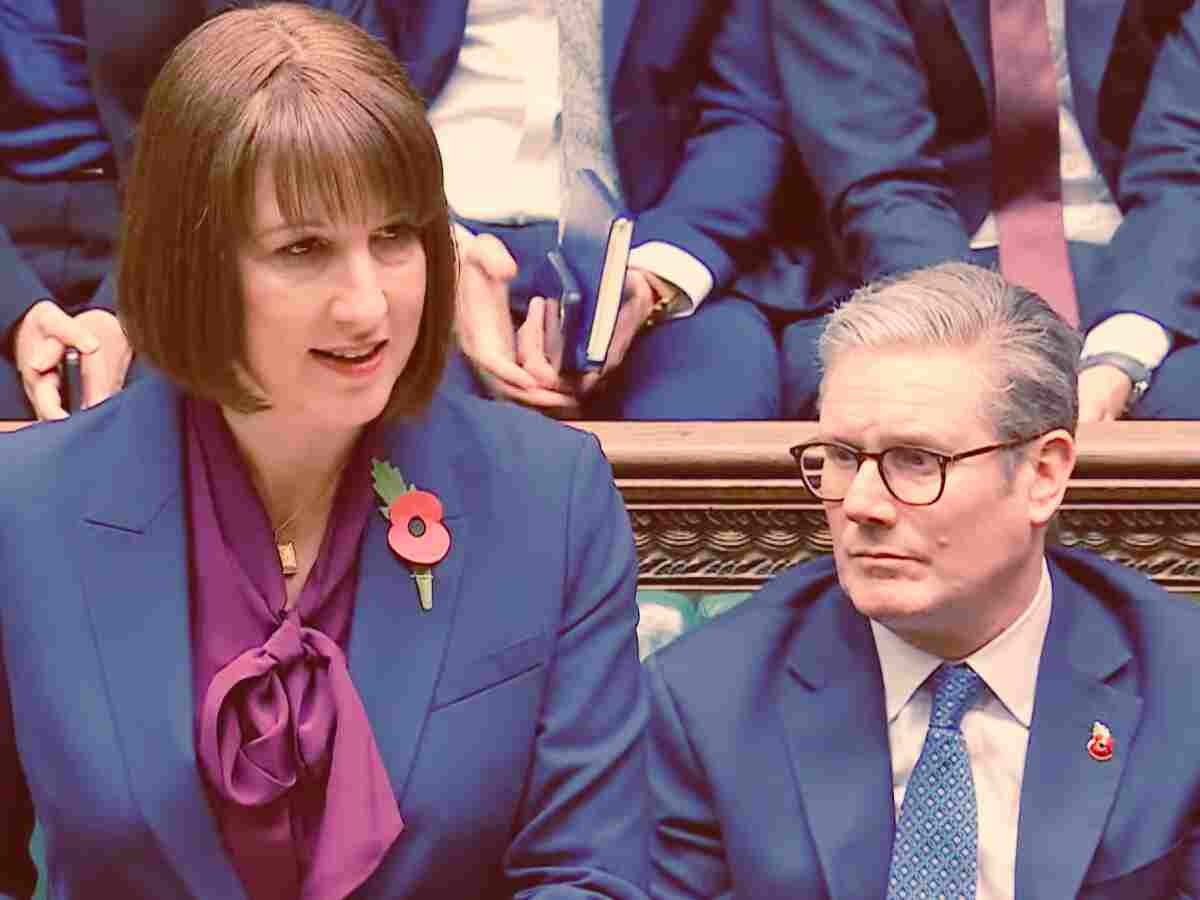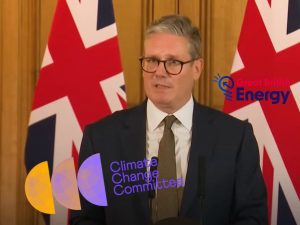Chancellor Rachel Reeves failed to use her budget to address out of control inequality nor to bring about significant or redistributive growth, meaning Labour has ushered in a fresh cost of living crisis.
Rachel Reeves: taking us backwards
Research from the Joseph Rowntree Foundation (JRF) shows literally everyone except pensioners will be worse off. JRF modelling found that the average family will have £770 less in real terms by October 2029.
But those with the least broad shoulders will relatively lose more. This can only be described as true red Tory-style inequality. The poorest third of households will see their disposable income drop by 3.3% by October 2029. And the richest third will only see a drop of 1.7%.
Rachel Reeves’ failure to introduce significant redistributive and meritocratic taxation policies, nor to address how money is distributed at its creation source, are the root cause of this fresh cost of living crisis.
Despite what the charity has found about the real world impact of Reeves’ budget, she trumpeted in her speech:
The prize on offer is immense… An economy that is growing, creating wealth and opportunity for all because that is the only way to improve living standards.
Paul Kissack, Chief Executive at JRF said:
[The chancellor’s] actions… won’t be enough to fix the foundations for millions who struggle winter after winter in devastating hardship. The Chancellor is right that change must be felt. The people who needed to feel the most change are those living in and at risk of hardship.
The budget will also plunge more people into poverty, according to JRF.
By October 2029, 100,000 more children are set to be in poverty along with 300,000 more working age adults. This trend is consistent with research from the Child Poverty Action Group (CPAG). CPAG found Labour’s decision to keep the two child benefit cap has already put 10,000 more children into poverty since the election.
Increase in cost of essentials, increase in inflation, increase in inequality
Labour isn’t cutting down bills through bringing essential services into public ownership. Instead, Keir Starmer and Rachel Reeves are overseeing an increase in bills for sectors such as energy and water.
When every business has to pay more in essentials, that means higher costs across the board, which can lead to price rises throughout or, in other words, inflation.
Water companies have a cosy relationship with the water regulator and they are lobbying for bills to go up by a huge 40% by 2030. Ofwat has already confirmed a rise of 21% over the five year period.
The so-called energy regulator is also raising the price cap. This year, Labour is overseeing a rise of 14% for gas and 10% for electricity with more price hikes expected in the course of this parliament.
Public spending – mixed bag, but maintenance of Tory austerity
For the NHS, Reeves’ budget was better than people expected with spending increases beyond what was pledged in Labour’s manifesto.
But Reeves has cooked the figures here because each government department is also expected to ‘find savings’ (meaning a cut) of 2% of their budget for next year. That means the £22.6bn increase in NHS day-to-day spending over two years is actually offset by a £6bn cut, leaving it at a £16.6bn increase.
The 2% cut also impacts the headline figure of a £4bn increase in education spending. This is offset by a £2.3bn cut, leaving it at a much lower increase.
Remember that under the Tories, education spending per pupil in England faced a 9% cut from 2010-2020.
Featured image via Channel 4 News – YouTube




